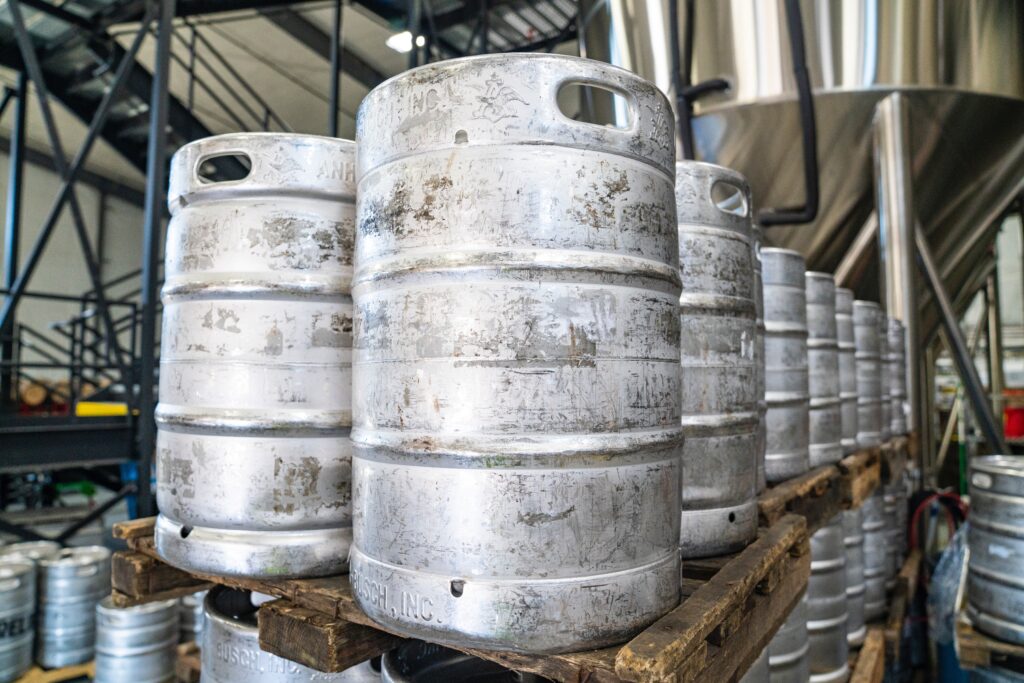Australian Standards and Regulation for Workplace Oil Spill Management

Oil spills can cause significant harm to the environment and human health. Thus, Australian regulations mandate that all businesses must implement measures to prevent oil spills in the workplace. This blog will discuss Australian standards and regulations companies should adhere to regarding oil spill management.
Legal Requirements
The work Health and Safety (WHS) Act 2011 requires businesses to provide a safe workplace environment for employees and others affected by the company’s operations.
Under the WHS Act 2011, employers must identify hazards, assess risks, and implement control measures to manage risks. The regulations also require businesses to prepare a spill response plan that outlines procedures for responding to oil spills in the workplace.
Spill Response Training
Employees responsible for responding to oil spills should be adequately trained to use the equipment and materials required for spill response. They also are trained on the procedures for reporting the spill and communicating with external agencies.
Spill Response Plan
A spill response plan is critical to any oil spill prevention program. The plan outlines procedures for preventing, responding to, and reporting oil spills in the workplace.
The plan should include the following:
- Potential spill scenarios and response actions
- The personnel responsible for facilitating the response and management
- What personal protective equipment (PPE)
- Actions being taken to mitigate the spill and the status of the spill response.
- A communication plan that specifies how and who will inform the internal and external stakeholders, emergency services and government agencies.
Whom to Notify
Per the Protection of the Environment Legislation Amendment Act 2011, each of the following agencies must be notified about incidents so appropriate actions can be coordinated to minimise the harm to the environment and human health.
- Environment Protection Authority (EPA) of your state if they are not the ARA
- Appropriate Regulatory Authority
- Ministry of Health
- SafeWork Office of the state where the incident happened
- Local Council, if this is not the ARA
- Fire and Rescue
Emergency Response
In the event of an oil spill, businesses must act immediately according to the spill response plan to limit the spill’s impact on the environment and human health.
How We Can Help
SpilMax offers a wide range of Spill Kit suitable to all types of workplace requirements. Our expert team can guide you through the process. Email us through sales@spilmax.com.au or give us a call at 1300 640 490

